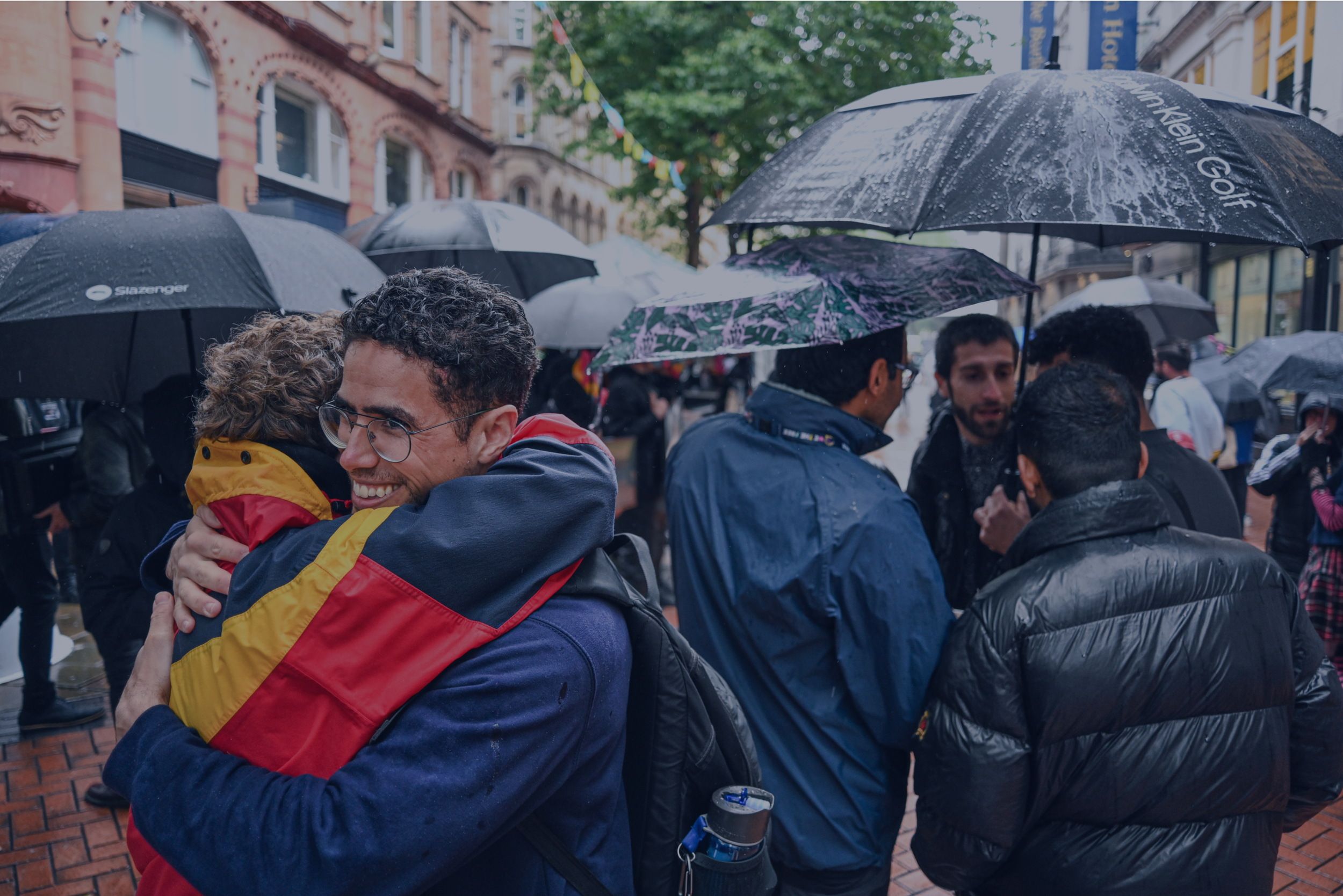
Mental Health
Here, you'll discover a "mental health first aid kit" – a compilation of resources tailored for activists. This includes online courses, support lines, meditation and mindfulness practices, and more.

Burnout, trauma, and compassion fatigue are common in our movement. They are occupational hazards for those of us who realize the huge scale of animal suffering. Instead of denying it, we dedicate ourselves to ending the systems causing it, often sacrificing our own needs in the process.
Unfortunately, too often, our dedication is met with ridicule, resistance, criticism, or indifference. It's tough to care deeply about others, especially when we face vystopia - the anguish of being vegan in a non-vegan world. But you're not alone. You're part of a global community that supports each other. In tough times, we prioritize our most precious resource: our volunteers. Below, we have compiled a "mental health first aid kit" full of resources for activists.
Please note: While we're aware of the mental health challenges often encountered by animal advocates, we're not mental health professionals. We The Free, can't take responsibility for the content of the linked websites and programs below. Inclusion of these links doesn't necessarily imply a recommendation or endorsement of the content or views expressed within. We have no control over the content, nature, or availability of these resources. Access them at your own risk.
24/7 Support
Animal Activist Support Line
In Defense of Animals (IDA) 24/7 Support Line offers trained counselors who are passionate animal advocates themselves. They aim to help animal activists clarify their missions, work effectively, balance activism with life, and prevent or heal from burnout and trauma. Call when you feel overwhelmed, frustrated, angry, alone, upset, or discouraged about animal rights work. Seek guidance on personal conflicts, strategic resources, community involvement, life balance, self-care, animal advocacy strategies, and connection with caring individuals.

Online Training
Sustainable Vegan Advocacy Online Course
This course teaches about burnout in vegan advocacy and provides evidence-based strategies for sustainable advocacy. Learn to spot burnout signs, reverse its effects, honor your needs, and build resilience. Developed by experienced leaders in animal advocacy, the course includes engaging videos and activities. Use code "WTFACTIVISTS" or “WTF” for free access.
Support Group
Vegan Mental Health Support Group
This Facebook group is a safe space for vegans to openly and safely share their experiences, feelings, and reactions.
Support Group
Animal Activist Online Support Group
The Animal Activist Online Support Group run by In Defense of Animals (IDA), provides emotional support for animal activists worldwide.
Therapy
IDA Professional Therapists for Animal Activists
IDA keeps a list of therapists who understand animal advocate issues, some offering discounted rates for referrals from their support line.
Activism Tips
Sustainable Activism Tips
In Defense of Animals created this quick video series which gives you 10 suggestions from experienced animal activists.
Activism Tips
Emotional Freedom Technique
Joan Ranquet introduces EFT (emotional freedom technique) as a way for animal rescuers to relieve compassion fatigue and find emotional healing.
Workbook
Compassion Fatigue Workbook
Through personal stories and exercises, Jennifer assists readers in understanding and overcoming issues related to caring for animals.
Mindfulness & Meditation
Insight Timer
Insight Timer has a myriad of features - meditation music, guided meditation, and a customizable meditation timer.
Mindfulness & Meditation
Aura
Aura provides three-minute daily meditations and allows you to track your mood and help you figure out optimal times to meditate.
Mindfulness & Meditation
Ten Percent Happier
Ten Percent Happier has meditation lessons curated by experts created just for beginners. The best part is, you can try it for free!
Mindfulness & Meditation
Calm
Calm is a web and smartphone app combo designed to help with various aspects of your life, all aimed at fostering mindfulness.
Mindfulness & Meditation
Headspace
Headspace is a mindfulness app with an easy-to-use interface that takes the seriousness and intimidation out of meditation.
Mindfulness & Meditation
Mindful.org
Mindful.org includes a comprehensive list of resources to help you get started with mindfulness and meditation.















